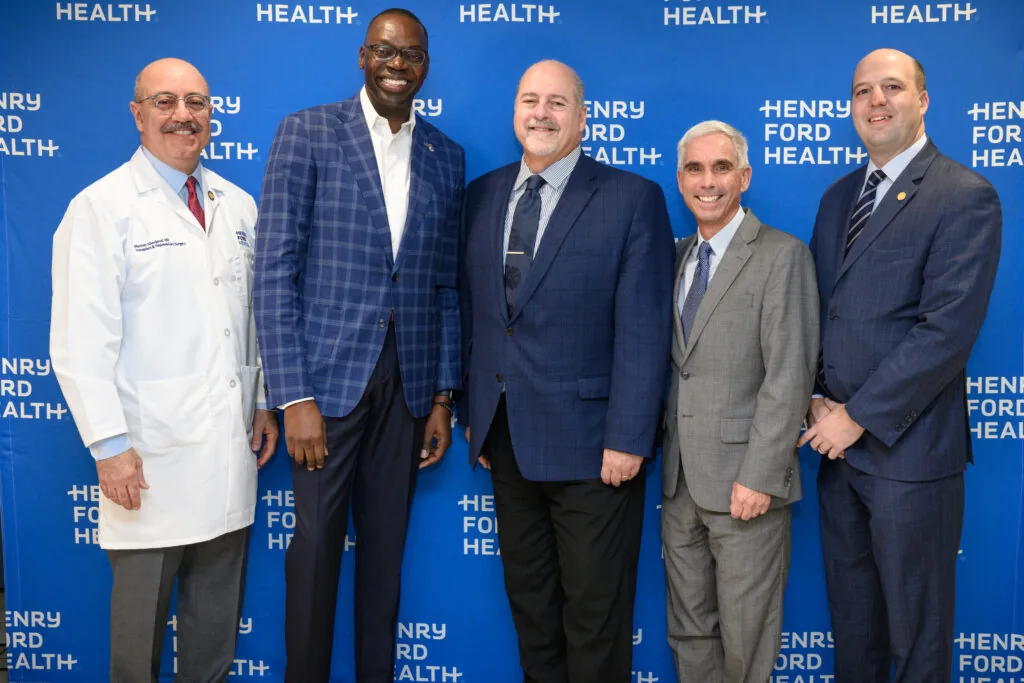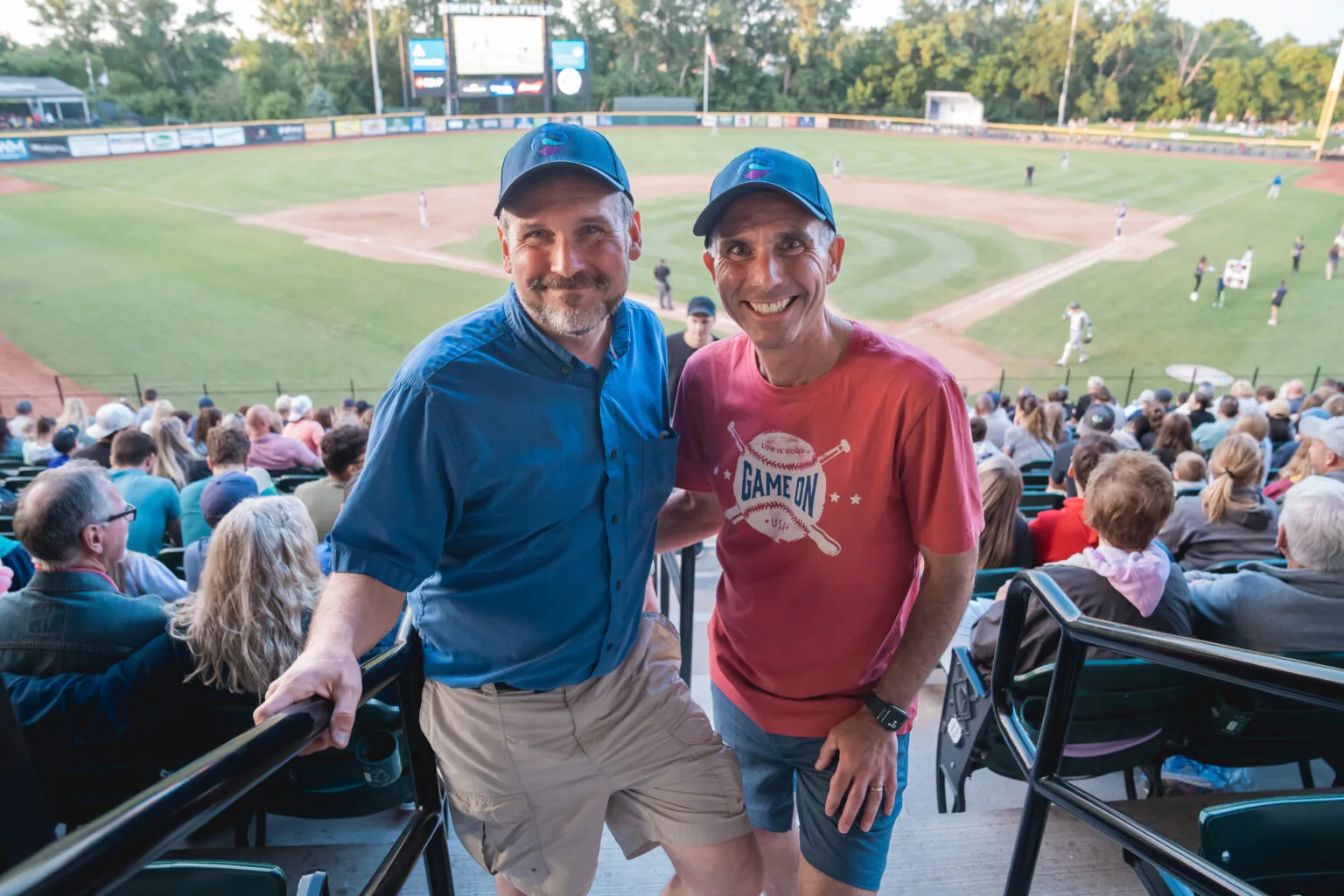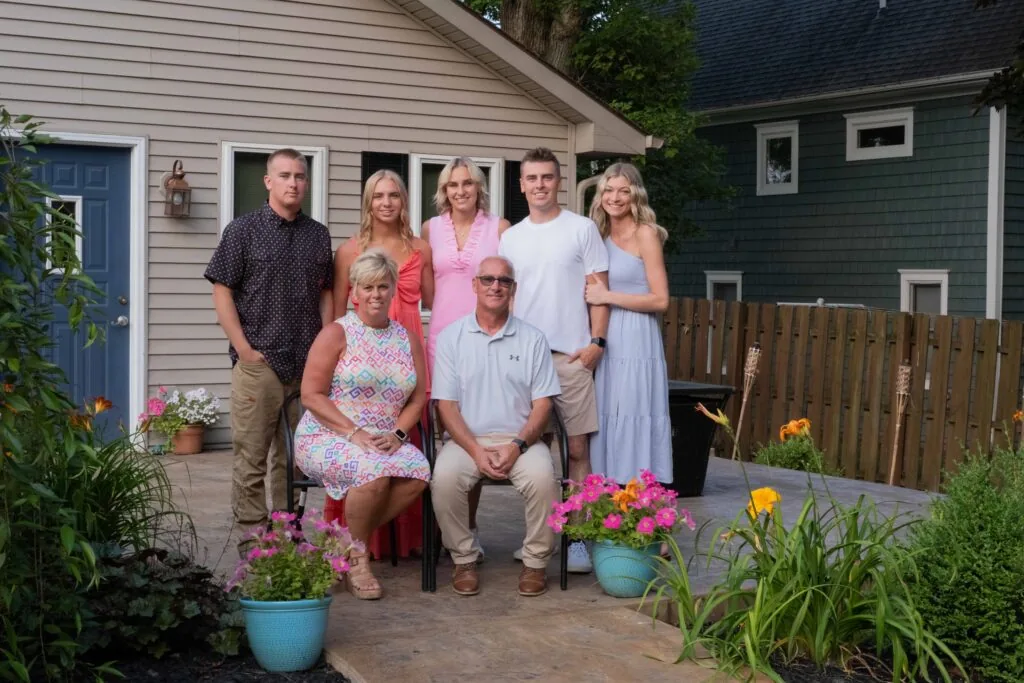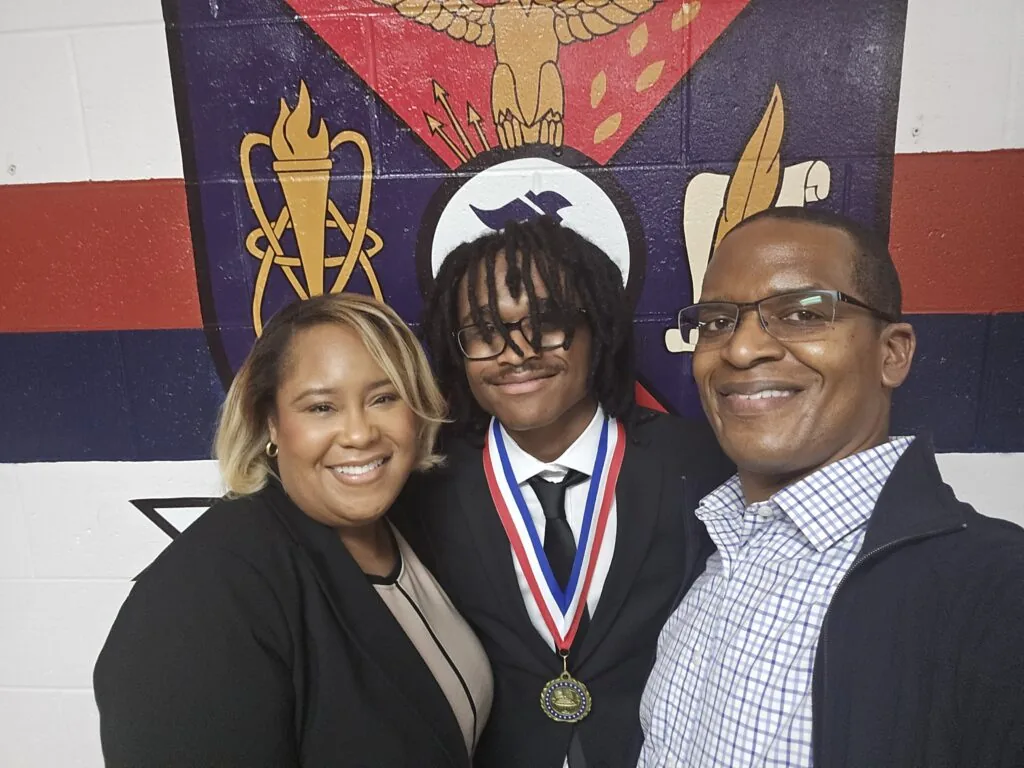In October 2013, Grosse Pointe Shores resident Dave Galbenski was diagnosed with primary sclerosing cholangitis (PSC), a rare autoimmune disease that attacks the liver’s bile ducts, causing inflammation and, ultimately, liver failure.
“In that moment, my wife and I said okay, we have a choice here,” Dave said. “Do we live with a mindset of abundance, or do we live with the mindset of scarcity? We don’t know where this disease is going to go, yet we decided to live with abundance. That’s been our mentality. Let’s live life the way we’ve been given it, and we will see where this progresses.”
For years, Dave lived with a mindset that he describes as “realistic positivity,” acknowledging the facts of his disease while maintaining optimism and gratitude. This approach carried him through the ups and downs until February 14, 2019—the day he was officially placed on the transplant waiting list for a liver.
“Most people might ask why I would celebrate that day,” he said. “I was well enough to be listed on a transplant list. I was clearly sick enough that I needed a transplant, so that’s when we said, ‘ok, now we have a second chance at life.”
Because he needed a liver, there were two paths he could take, waiting to receive one from a deceased donor or pursuing a living donation. Many people understand they can be a living kidney donor, but the concept of living liver donation is less well known. The liver is unique in its ability to regenerate, allowing a donor to give a portion of their liver while both individuals heal and thrive.
With the help from his wife Lynn, Dave decided to proceed with finding a living donor.
“My wife was instrumental,” he said. “Transplants impact everyone around the recipient and the donor. She was my caregiver, my life partner, my business partner and at that point she stepped in to play the role of communicating to our family and friends, which is when we realized the third lesson in our journey, the power of vulnerability.”
As Dave and Lynn spread the word, his brother-in-law, Mark Dybis, stepped forward, willing to undergo testing. After months of evaluations, Mark was declared a match, and on November 25, 2019, Dave received his lifesaving liver transplant.
“Mark’s gift to me, was to give us moments in the future,” he said. “The one moment that drove me forward and kept me going, was this motivation to see our daughter get married. On June 8, 2024, I walked her down the aisle. Mark’s courage that powered me forward. He gave me moments, and he continues to give me moments.”
Grateful for his second chance at life, Dave and Lynn dedicated themselves to raising awareness and advocating for living organ donation. On February 14, 2022—exactly three years after he joined the transplant list—they launched the Living Liver Foundation. Their mission is twofold: to educate the public on living liver donation and to eliminate barriers for potential donors.
Through legislative advocacy in Michigan, he has successfully championed laws that prevent insurance discrimination against living donors and the recent living donor tax credit that passed in 2024. Their latest effort is an employer tax credit paying living donors for up to 12 weeks during recovery, ensuring no one hesitates to save a life due to financial concerns.

In addition to advocacy, they have also found unique ways of raising awareness. Working with the National Day Calendar they were able to get April 11 recognized as National Living Donor Day, symbolizing the idea of getting the ‘4-1-1’ on organ donation. Using baseball as the ultimate metaphor for organ donation, they’ve also partnered with both major and minor league teams to spread the word. This year on National Living Donor Day, a living donor will throw out the ceremonial first pitch at the Cincinnati Reds game. On June 27, the Living Liver Foundation and Henry Ford Health will sponsor the fourth annual Living Donor Awareness Game at Jimmy John’s Field in Utica.
“When I think about the life that I’m able to live, it’s because of Mark,” Dave said. “I joke that my name is Galbenski, powered by Dybis, serviced and tuned up by Henry Ford Health. That’s the beauty of it, it takes all the help from individuals like them to keep me on earth. It doesn’t happen without all those individuals working collectively together, that’s the beauty of the transplant community.”
More than 2,600 patients in Michigan are waiting for a lifesaving organ. To learn more about the living donor organ donation process visit golm.org/livingdonation. To join the Michigan Organ Donor Registry, visit golm.org/signup.








